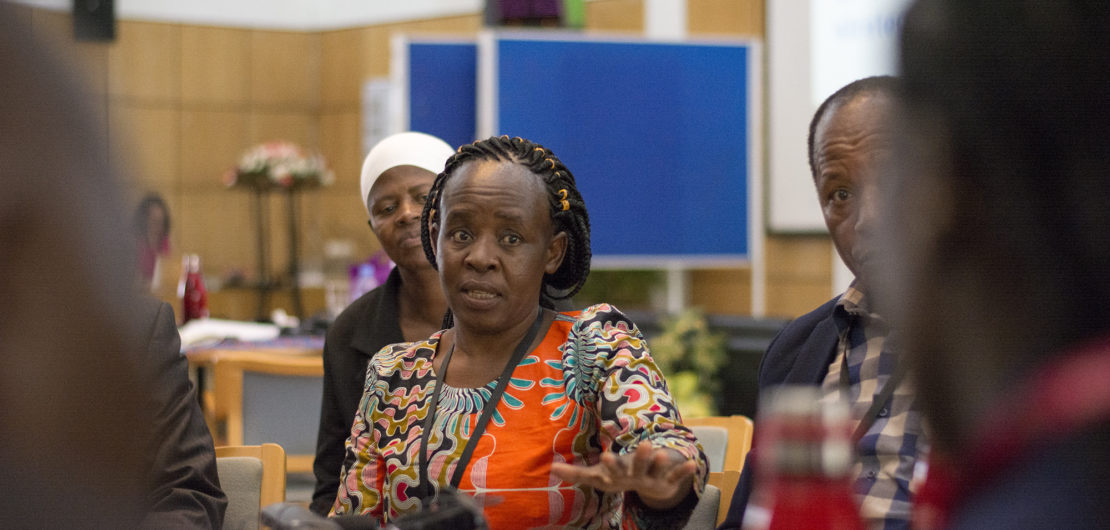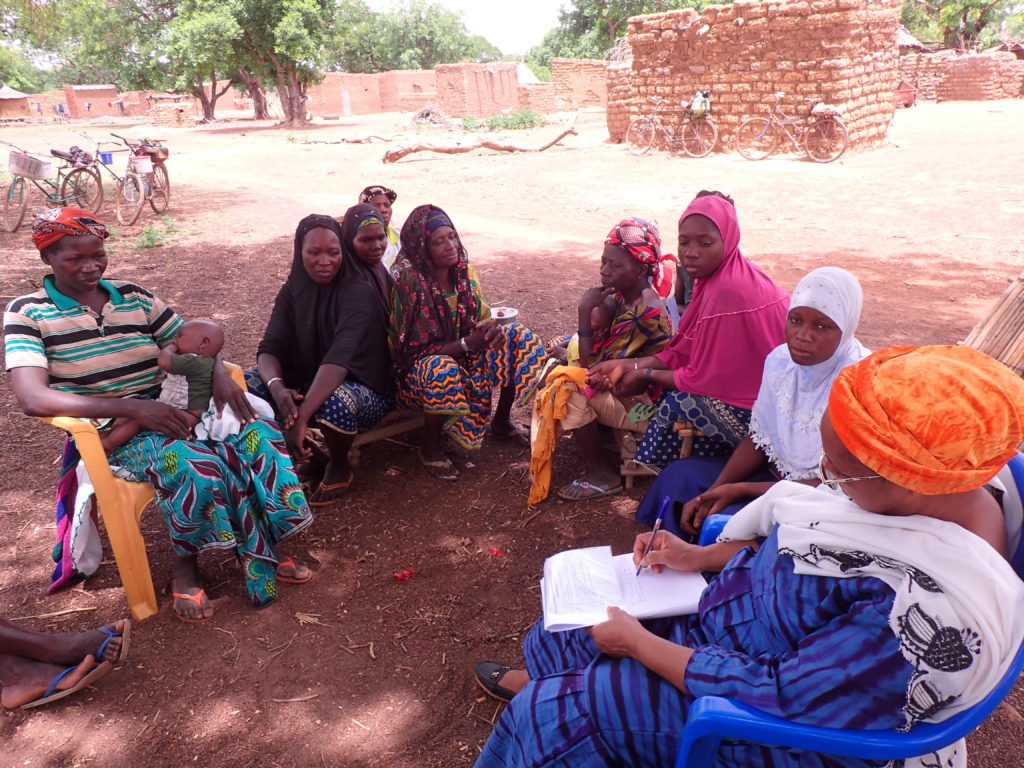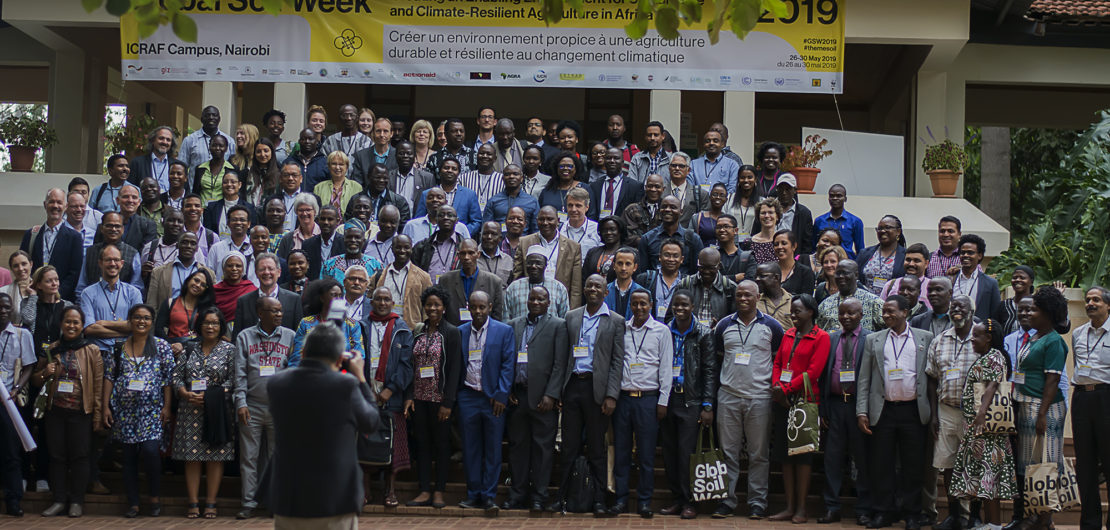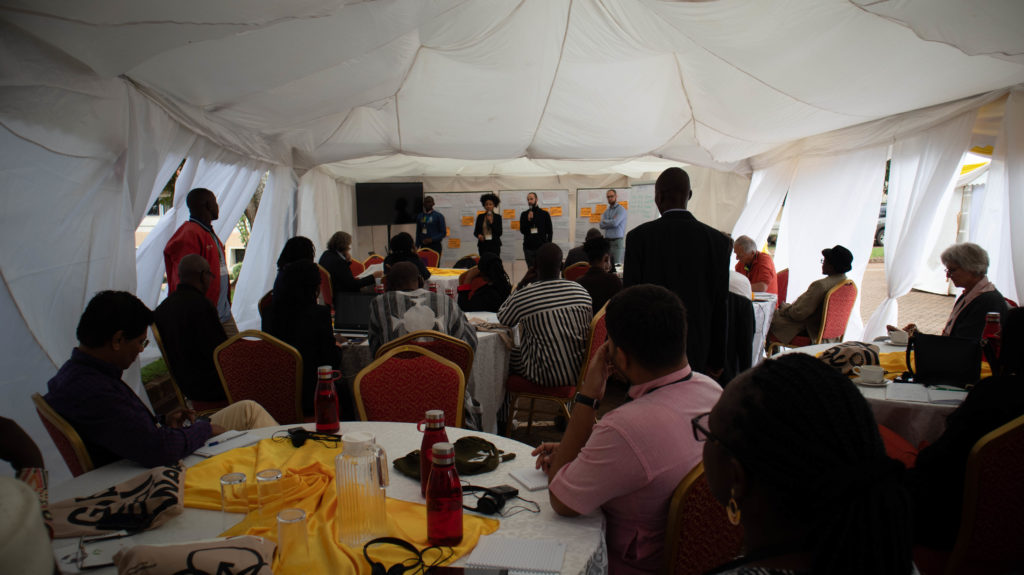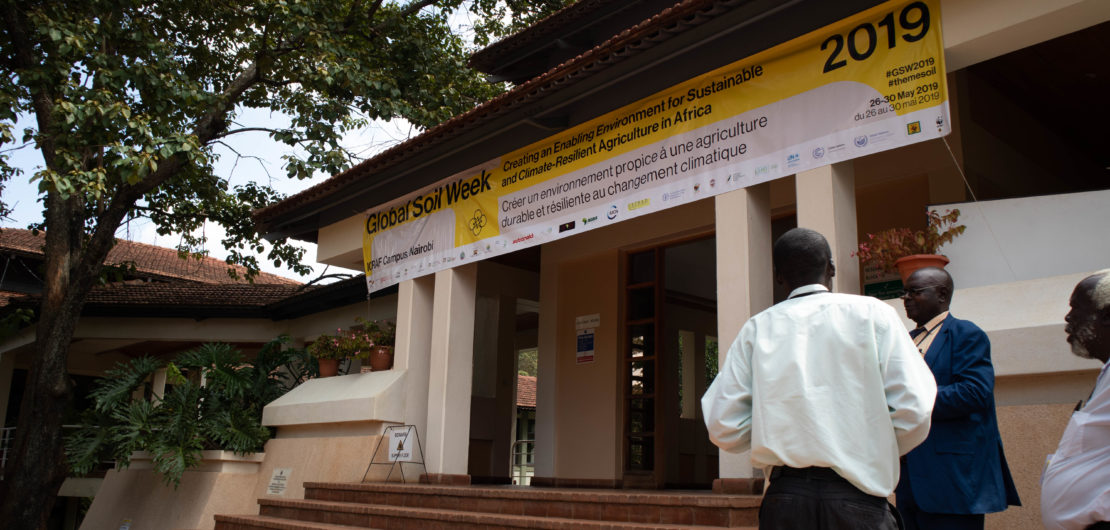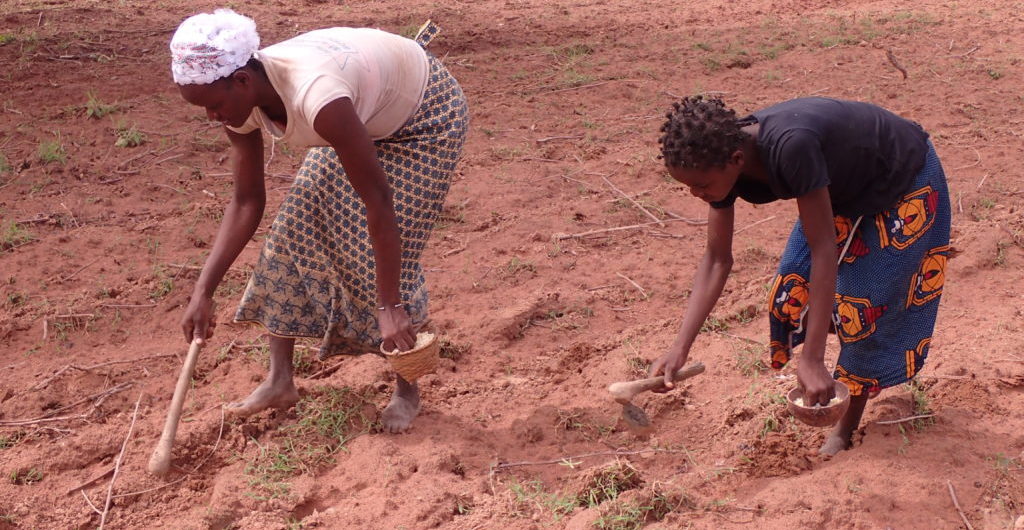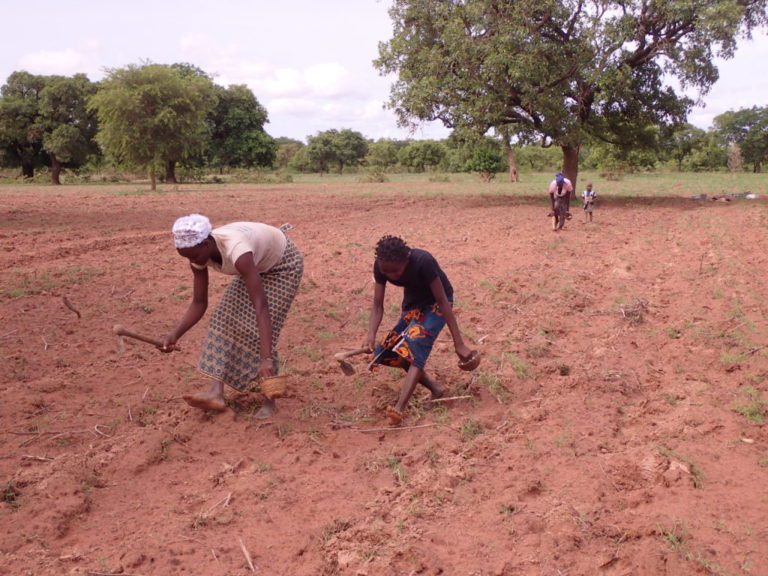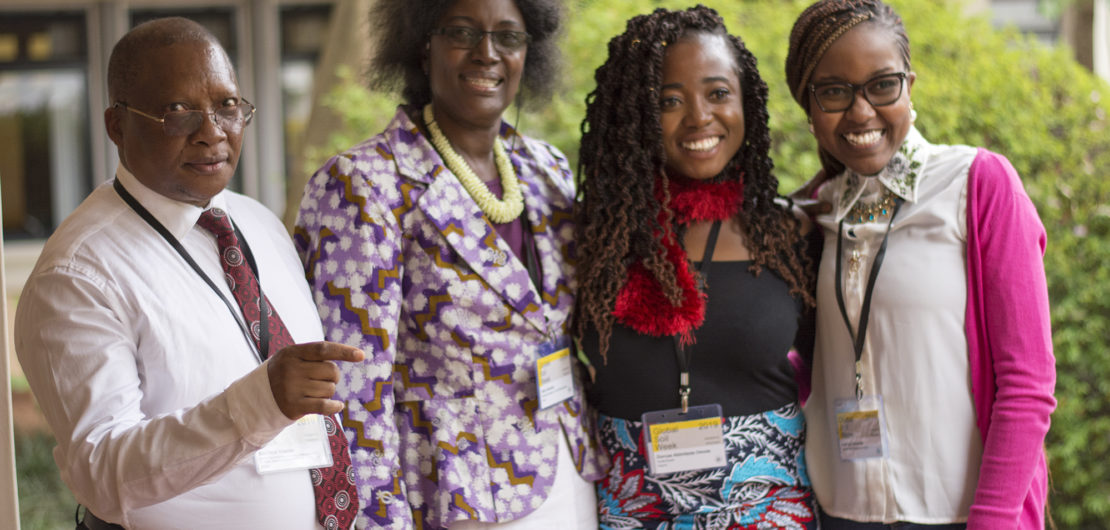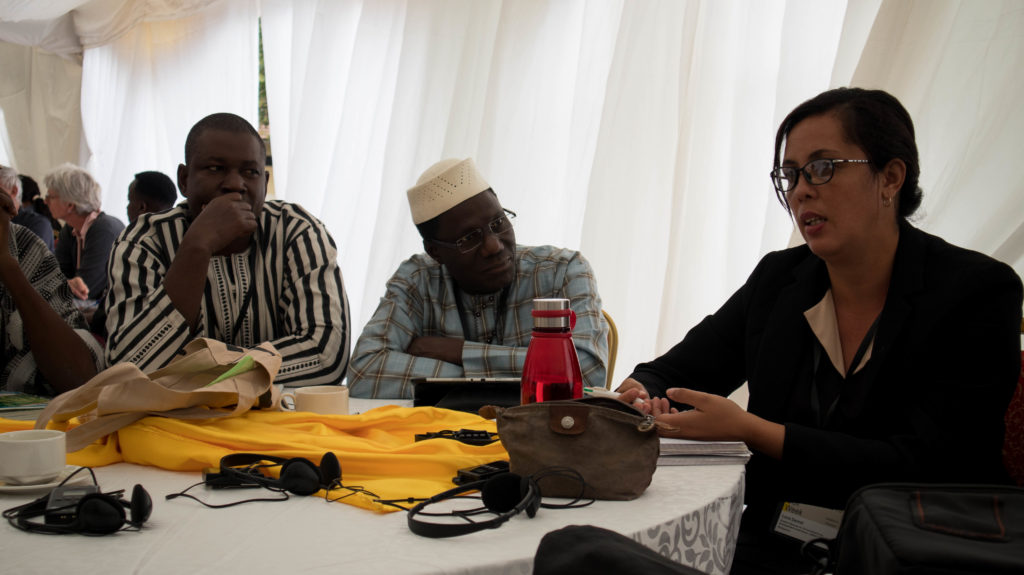 Youth in Soil
Youth in Soil
Creating an enabling environment for African smallholder farmers
Creating an enabling environment for African smallholder farmers
A blog post by Dolapo Adeyanju
In the context of Africa, scaling up agricultural production to drive value addition among smallholder farmers requires financing, strong institutional support, compatible infrastructures, improved technology and favorable policies.
For many centuries, African smallholder farming has been characterized by low production with a market which is consistently dominated by the produce-and-sell syndrome. This requires farmers to produce and sell directly to the market without any value addition.
As consumer preference changes, there is now a continuous demand for a market with value-added products where consumers determine the attributes and qualities of the products to purchase. The saddening story is that African smallholder farmers seems to be left behind in the global market as a result of their inability to meet the growing demand for value added products.
The fact remains that smallholder farmers are lagging in the aspect of value-addition and this is evident with the case study of Ghana and Nigeria in West Africa which produce cocoa seeds, export the raw cocoa seed to other countries and import the value-added products like chocolate. This scenario has contributed to African spending more on the products they have the capability to produce and add value to.
Although there are existing strategies to change the smallholder farmers’ traditional mentality of ‘producing and selling’ agricultural produce directly in the raw form. To attempt this, some questions remain: are smallholder farmers in Africa fitting into these strategies; is there an enabling environment under which farmers and these strategies can thrive; who are those benefitting from these strategies and lastly, who are the actors responsible for creating the enabling environment? The questions are continuous and we are still yet to get the right answers that can be implemented on the ground.
Adding value to a product requires thinking beyond the need to produce raw materials toward a creative thinking of producing for the final consumer. In this reality, farmers must be able to think beyond the box and see themselves as innovators. They must be able to produce based on the attributes specified by the final consumers.
To ensure the reality on the ground for farmers, the emerging question is, what can be done to create opportunities for value addition at the local level for smallholder famers?
Based on the discussion from the Global Soil Week 2019, there is an approach to creating sustainable opportunities for smallholder farmers which can be discussed under two broad headings – partnership and innovation.
A peculiar problem to smallholder farmers is their lack of access to credit facilities. Although there have been many interventions by government and developmental partners to help tackle this problem, most of these interventions have not been sustainable. The implication of this calls for a need to include sustainability into any financial intervention.
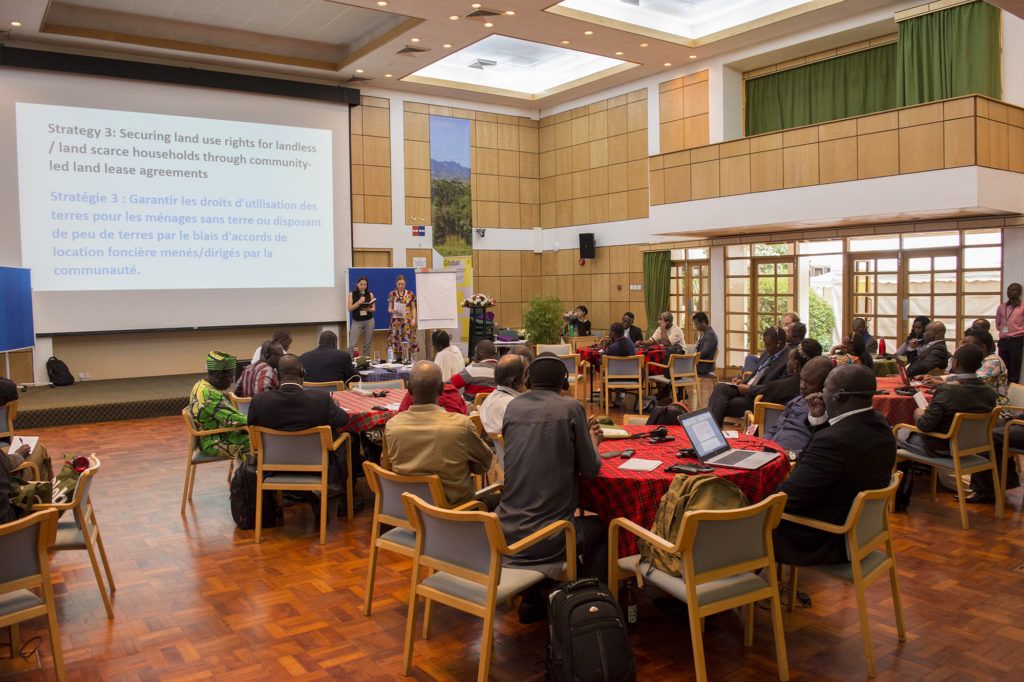
Even though this looks difficult to achieve, success stories from across the globe have shown that it is achievable.
To ensure a proper way to create credit facilities and sustainability into financial interventions, participants who attended the finance and market dimension workshop at the Global Soil Week 2019 agreed on the urgency to provide certified seeds/seedlings and other inputs to farmers on credit to boost their production and in return, the farmers can repay with part of their outputs.
One of the participants at the dimension workshop on finance and marketing, Nicodemus Kyalo, from the Ministry of Agriculture, Livestock, Fisheries and Irrigation, Kenya said, “there is a need for inclusive investment which can enable producers to scale up their production. This can be done be exploring partnership models on sustainable production requirement and comprehensive support for producing communities.” He suggested that the access-benefit sharing agreement approach can be adopted to drive agricultural finance for farmers.
On the discussion around demand and supply, Chris Magero from IUCN, Kenya ascertained that having a market for products is not enough. He noted that market accessibility needs to be extended to how demand and supply can be managed in terms of quality, volume and consistency, thereby, ensuring sustainable food production.
He further explained the need to encourage producers to establish nurseries for indigenous products and by-products to ensure consistent and sustainable agricultural production. Farmers can be encouraged to plant alternative crops which are economically profitable as well as processing traditional crops for market consumption.
In conclusion, it is no doubt that the cost implication of value addition in terms of production, processing and marketing is too high for smallholder farmers. Hence, it should not be mis-conceptualized that African farmers are rigid and unwillingly to fit into development strategies such as value addition.
I am certain that if farmers are given the enabling environment to thrive, alongside the support and the willingness of the different stakeholders to address issues around value addition, then, smallholder farmers will have the financial capability to engage in profitable agricultural production and value addition as means to scale-up their livelihood.
